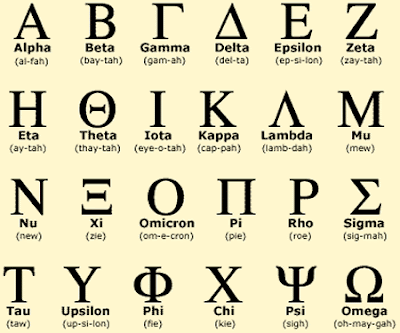- they're approving the Opera browser for use on the iPhone and iPad
- they're canceling the famous I'm a Mac, and I'm a PC advertisements.
Apple has introduced a new channel by providing the (free) internet through their (proprietary) iPhone and iPad, and with their new advertising program that allows developers to embed ads directly into their apps. Apple has complete authority over what you can, and cannot, have on your iDevice.
With Apple's iDevices, you can only run software from Apple's distribution channel, and they take 30% of every purchase. It's the company store for the digital era.
Even when Microsoft was at the top of their game (and at the zenith of their arrogance), Microsoft never insisted on complete software hegemony. You could buy software from other companies and run it on Windows. The PC architecture that Windows promoted was open-box; you could open the PC and add memory or other devices.
Certainly, if you made software and wanted the Microsoft seal of approval on your products, you went through their standards and review process, but you didn't have to do that - end users could still put unreviewed, unapproved, third-party software on their machines. As Cory Doctorow explained last week in his criticism of Apple's closed-box philosophy, if you can't do what you want with it, you don't own it. You don't own "your" iPad if you can't run your own software on it.
The iPad is really a sales terminal for Apple Inc, and if you want anything on it you've got to buy from them. It's like Walmart having a digital sales shelf in your house, that happens to fit in your lap. And, by the way, you just spent $500 to purchase the Apple sales terminal.

O'Reilly's Jim Stodgill says it's like buying a TV from HBO for $500, which only lets you watch HBO, and you still have to pay for the subscription.
- They've approved the Opera browser because it provides them some cover and probably protects them from anti-trust litigation. The Euro-zone is going to give Apple's closed economy a more stringent scrubbing than they ever gave Microsoft.
- They've canceled the Mac-PC ad campaign because you can't juxtapose yourself against Microsoft when you've become the new Microsoft 2.0.
One team of clever hackers has already figured out how to get hard copies printed from the iPad:

 Saturday the floodgates opened and 120,000 people pre-ordered their Apple iPads, which is possibly the
Saturday the floodgates opened and 120,000 people pre-ordered their Apple iPads, which is possibly the  Alpha Testing is testing done within the company, by people other than the engineers, programmers, and designers who built the product. It usually involves white box techniques, but can include black box and even grey box techniques.
Alpha Testing is testing done within the company, by people other than the engineers, programmers, and designers who built the product. It usually involves white box techniques, but can include black box and even grey box techniques. Saturday Apple started taking advance orders for the iPad (wifi not 3G), and 120,000 were ordered, sight-unseen, in the first 24 hours. People are willing to pay a premium to be an early-adopter and what is essentially a beta-tester. This in spite of the fact that the people who bought the first iPhone would shortly see an improved, updated version being sold for less.
Saturday Apple started taking advance orders for the iPad (wifi not 3G), and 120,000 were ordered, sight-unseen, in the first 24 hours. People are willing to pay a premium to be an early-adopter and what is essentially a beta-tester. This in spite of the fact that the people who bought the first iPhone would shortly see an improved, updated version being sold for less.  The whispered challenge to Apple's iPhone is Google's ... well, GooglePhone. Although several manufacturers are now selling smart phones running Google's Android operating system, the new Nexus (named in homage to Blade Runner's
The whispered challenge to Apple's iPhone is Google's ... well, GooglePhone. Although several manufacturers are now selling smart phones running Google's Android operating system, the new Nexus (named in homage to Blade Runner's 

 What I find most surprising is the identify of the players. At the consumer product level, nobody's talking
What I find most surprising is the identify of the players. At the consumer product level, nobody's talking 
 The fact is that the world is divided between users of the Macintosh computer and users of MS-DOS compatible computers. I am firmly of the opinion that the Macintosh is Catholic and that DOS is Protestant. Indeed, the Macintosh is counter-reformist and has been influenced by the
The fact is that the world is divided between users of the Macintosh computer and users of MS-DOS compatible computers. I am firmly of the opinion that the Macintosh is Catholic and that DOS is Protestant. Indeed, the Macintosh is counter-reformist and has been influenced by the 


